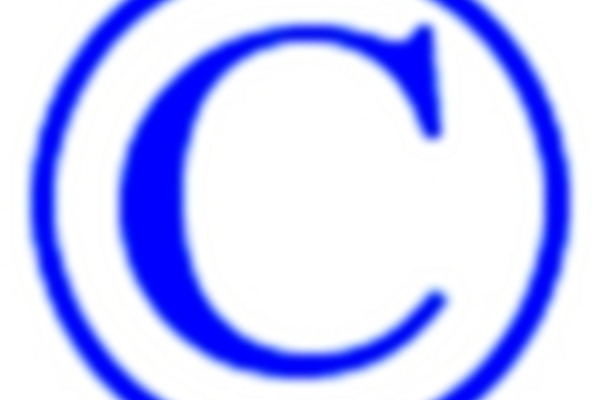Research shows 14 year copyright term optimal
Rich Fiscus
16 Jul 2007 10:56

In a paper delivered to the 2007 SERCI Congress in Berlin last week titled Forever Minus a Day? Some Theory and Empirics of Optimal Copyright, Rufus Pollock concludes that the optimal period for copyright is 14 years.
Pollock, a graduate student in Economics at Cambridge, has been researching intellectual property extensively over the last three years while working toward his PhD.
In order to determine the optimal copyright period Pollock started from the original premise of intellectual property laws, which means that the optimal period would be produce the maximum number of creative works. He then attempts to quantify factors such as the cost of production, ease and cost of copying both legally and illegaly, and ends up with an equation that suggests the optimal term of 14 years.
Before arriving at the 14 year figure, the paper starts by showing that the optimal copyright term drops as production costs fall and that in general it falls over time. The calculations and conclusions in the paper are based on analysis of various studies published in the US and UK over the last 10 years and cover subjects ranging from the effects of recent copyright extensions to file sharing among college students.
The paper can be freely downloaded in its entirety, and a brief overview is also available.
Source: Rufus Pollock